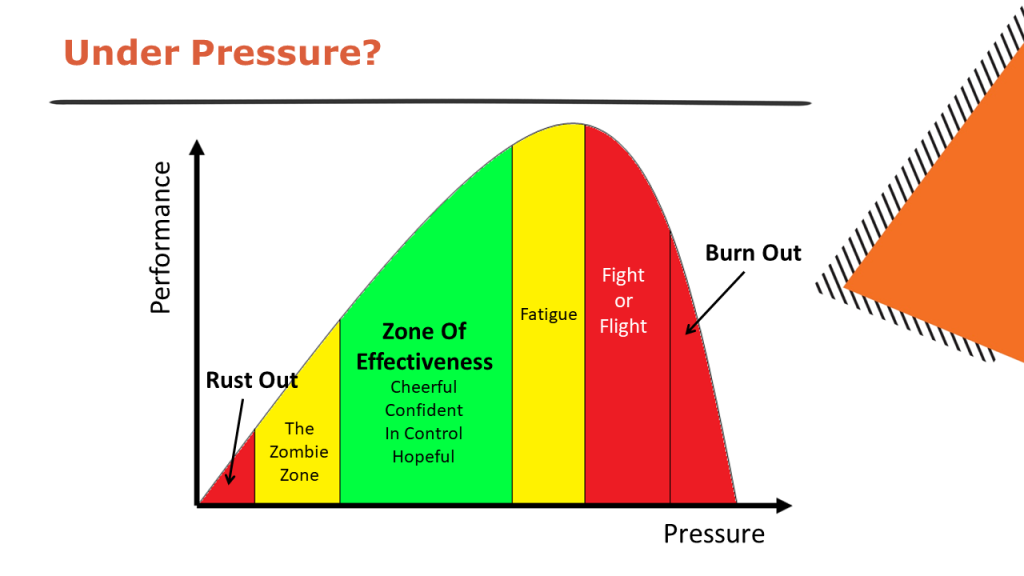Work is a huge part of people’s lives, it can impact your mental health, in good or bad ways. Mental health problems are common. It’s important to remember that anyone can experience mental distress, regardless of their background. Some people are more at risk, through circumstances beyond their control. Many people with mental health problems continue to live a full life, with productive work and meaningful relationships. Read on for some tips and tools to help manage your wellbeing at work or when looking for work.
How can I improve my mental health?
The Global Council on Brain Health recommend these activities:
- Move: Doing exercise, getting fresh air or any movement can help your wellbeing. A lack of exercise can cause low mood.
- Relax: If you were carrying heavy shopping bags, you’d need to put them down at some point. It’s easy to notice that heavy weight physically, but we often forget the mental equivalent. An example would be, at work, you might work through lunch and feel tired and slow as a result. Taking time to relax on your break can help you feel refreshed, and you’ll find it easier to get things done when you come back.
- Nourish: Eat well. It’s important to notice our habits and be conscious of them, in order to make change if necessary. A combination of healthy foods will help you feel healthy mentally and physically.
- Discover: Learning new things and discovering more about the world can help you. Even by reading this blog, you’re developing yourself, and doing something that feels helpful.
- Connect: Skillfully connect with others. You can do this by looking to spend time with people who nourish and support you in life (energy sappers, rather than energy zappers!). Research shows that those who live longer, healthier lives have strong social connections.
How can I balance work performance and pressure to avoid stress?

Based on ‘The Human Function Curve’ (Nixon)
This diagram illustrates the balance of good and bad stress and could be a good tool for you to use. At low levels of stress, you may lack motivation and engagement, while at high levels, you may experience anxiety, diminished performance and burnout. The curve implies that finding the right balance of stress is essential for you to function and perform at your best.
The key thing is to focus on the green zone of effectiveness – where you’re cheerful, confident, in-control of your work, and feeling hopeful. By taking care of your mental wellbeing, the hope is that you can pull yourself back here before you burn out. Can you see where you currently are on this curve?
To explore your situation further, answer these questions:
What are your best hopes for the future?
This question is about your motivation. It’s worded to get you to think about your hopes for the future, rather than obligations about what you feel like you have to do.
What everyday habit makes you feel good?
This question is about control. It’s beneficial to write this one down, as writing helps you process your thoughts and get clarity which makes the exercise feel more real.
How can I manage my wellbeing when looking for work?
Lots of people struggle with confidence during a job search. Maintaining a positive mindset is half the battle.
As a career coach, I find that people don’t often allow themselves to be ambitious. Allow yourself to go for something you’d love to do. What difference would it make if you found a job that you loved and found interesting? How motivated would you feel?
Don’t wait until you feel confident to move forward in order to try something. The act of trying, even in a small way (such as drafting your CV, and getting some feedback from a friend, for example) can build confidence. I call this a virtuous cycle (the opposite of a vicious cycle); taking small actions leading to other small actions in order to make you feel better.
Think of confidence as the willingness to try. You can practice being confident by trying things. Just start, and you’ll feel more confident.
Help is out there
Our Work It Out coaches can support you in developing confidence and thriving at work. Find out more about our free coaching service and career webinars.
Learn more about your rights at work as a young woman.
Other useful organisations:
- The Mix (under 25s)
- Mind
- Rethink Mental Illness
- NHS IAPT (you can self-refer)
- The Counselling Directory
In an emergency:
Samaritans 116 123
Text the word “SHOUT” to 85258
NHS 111
Dial 999


